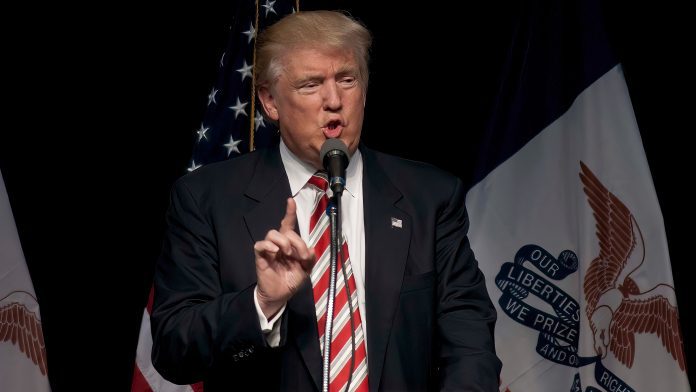Starting tomorrow, March 4, President Donald Trump will enforce 25% tariffs on Mexico and Canada and a blanket 20% on China. These aggressive moves, part of his “America First“ agenda, are designed to stimulate domestic manufacturing. However, his decision will have major repercussions for the automotive industry.
The automotive industry is a complex business, with innumerable moving parts that require careful coordination across different manufacturers, suppliers, and international borders. Automakers invest billions of dollars into research, development, and technology. It can take anywhere from three to six years to bring a new vehicle from concept to production. During this lengthy process, automakers face not only significant financial commitments but also the challenge of navigating shifting government policies that can drastically impact their plans.
The consequences can be devastating when federal policies flip, particularly in the middle of a multi-year development cycle. Years of effort and millions in investments can quickly go down the drain. Unexpected policy changes make it difficult to plan strategically and can force manufacturers to alter supply chains and processes, which are often unfeasible to change quickly at such a large scale.
The political instability in the United States further amplifies the pressure. The frequent flipping of control between Democrats and Republicans every four years creates uncertainty, making long-term planning difficult. This instability adds to the strain on the industry, as manufacturers are forced to react to shifting priorities and policies with each new administration.
While President Trump’s tariffs aim to protect American interests and boost domestic manufacturing, they come with a heavy price. Mexico, Canada, and China have already pledged retaliation. An all-out trade war between these four nations could wreak havoc on the auto industry, disrupting supply chains, raising costs, and possibly stalling production altogether.



